Smyrna’s Fast, Affordable Dumpsters: Save Space, Save Cash!
Tired of clutter crowding your Smyrna home? Say goodbye to backbreaking cleanouts and hello to effi…….
Introduction
In the heart of Smyrna, a suburban city within the bustling metropolitan area of Georgia, lies a ubiquitous yet critical aspect of modern urban life: the driveway dumpster. This article delves into the multifaceted world of Smyrna Driveway Dumpsters, exploring their role, impact, and significance in both local and global contexts. From economic contributions to environmental implications, the driveway dumpster is more than a receptacle for waste; it’s an integral component of municipal infrastructure and a reflection of contemporary living standards. Readers will learn about the evolution of these containers, their impact on communities, and how they are managed within the complex tapestry of regulations and market forces that govern them.
Understanding Smyrna Driveway Dumpster
Smyrna Driveway Dumpsters are specialized waste collection containers placed at residential driveways. They serve as an intermediary between household waste generation and larger waste management facilities. These dumpsters come in various sizes, typically ranging from 2 to 8 cubic yards, designed to handle different types of waste based on the capacity and regulatory requirements for residential use.
Historically, the concept of driveway dumpsters has evolved from early communal disposal systems to the present day’s individualized, doorstep waste collection models. The relevance of these dumpsters cannot be overstated; they are a testament to the advancements in waste management practices and the changing dynamics of suburban living. They play a pivotal role in maintaining public health and environmental quality by ensuring proper disposal and recycling of waste materials.
Global Impact and Trends
The impact of Smyrna Driveway Dumpsters extends beyond local boundaries, influencing global waste management strategies and practices. The demand for efficient waste disposal systems has led to innovation in dumpster design, material handling, and waste sorting technologies. The global trends in urbanization and the increasing generation of municipal solid waste have necessitated the development of smarter, more sustainable solutions for waste collection and processing.
Different regions across the world are adapting to these trends in unique ways. For instance, European countries emphasize recycling and composting, while North American practices lean towards landfill disposal with a growing emphasis on diversion initiatives. The rise of zero-waste movements and the push for circular economies are shaping the future of waste management globally.
Economic Considerations
The economic landscape within which Smyrna Driveway Dumpsters operate is complex, influenced by market dynamics, investment patterns, and their role in economic systems. The waste management industry is a significant contributor to the economy, employing thousands and generating revenue through contracts with municipalities and private entities.
Market dynamics are shaped by factors such as population growth, environmental regulations, and technological advancements. Investment patterns reflect a growing interest in sustainable waste management solutions, with a focus on renewable materials for dumpster construction and advanced recycling technologies. The economic value of properly managed waste is evident in its contribution to public health, safety, and environmental sustainability.
Technological Advancements
Technology has revolutionized the waste management sector, including Smyrna Driveway Dumpsters. Smart dumpsters equipped with sensors and GPS tracking have become more common, allowing for optimized collection routes, reduced fuel consumption, and lower carbon emissions. These smart systems also facilitate better waste sorting, reducing contamination and improving recycling rates.
The future of technological advancements in this field promises even greater efficiency and sustainability. Innovations such as autonomous vehicles for waste collection, AI-driven sorting facilities, and biodegradable materials for dumpster construction are on the horizon, poised to transform the industry.
Policy and Regulation
The governance of Smyrna Driveway Dumpsters is dictated by a complex array of policies, regulations, and legislative frameworks at both the state and federal levels. These guidelines address environmental protection, safety standards, and waste management practices.
Regulations ensure that dumpsters do not become sources of pollution or public health hazards. Policies promoting recycling and composting aim to minimize the environmental footprint of waste disposal. Compliance with these regulations is critical for waste management companies, which must navigate this legal landscape while effectively serving their clients.
Challenges and Criticisms
Despite their importance, Smyrna Driveway Dumpsters face several challenges and criticisms. Issues such as overflowing dumpsters, improper disposal, and noise pollution are common concerns among residents. Moreover, the environmental impact of dumpster production and waste transportation raises questions about the sustainability of these systems.
To address these issues, a combination of strategic planning, community engagement, and technological innovation is required. Solutions such as more frequent collections, better public education on waste disposal, and investments in eco-friendly technologies can mitigate many of these challenges.
Case Studies
Several case studies demonstrate the successful application of Smyrna Driveway Dumpsters and the lessons learned from them. For instance, a suburban neighborhood’s transition to a shared dumpster system not only reduced costs but also improved recycling rates. Another case study highlights a waste management company’s adoption of advanced sorting technology, which significantly increased the efficiency of its operations and reduced contamination.
These real-world examples provide valuable insights into the potential benefits and considerations for implementing similar systems elsewhere.
Conclusion
Smyrna Driveway Dumpsters are a cornerstone of modern waste management infrastructure, reflecting the interplay between technological innovation, economic factors, and regulatory frameworks. As communities continue to grow and evolve, these dumpsters will adapt to new challenges and opportunities, ensuring that they remain an integral part of sustainable living practices. The future of waste management is bright, with potential advancements promising even more efficient and environmentally friendly solutions for waste disposal.
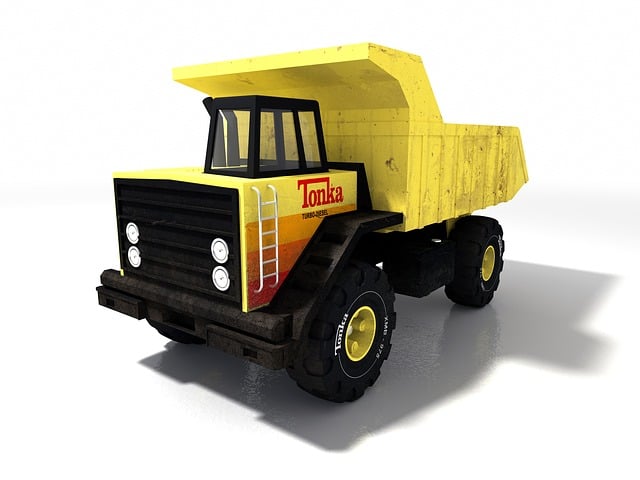
Tired of clutter crowding your Smyrna home? Say goodbye to backbreaking cleanouts and hello to effi…….

Tired of lugging debris from your Smyrna, TN, renovation project? Save time and money with our porta…….

Tired of cluttered spaces and overwhelming junk? Say goodbye to the hassle of bulk trash removal in…….

Are you planning a large festival or event in Smyrna, TN? You’re not alone! But managing waste can b…….
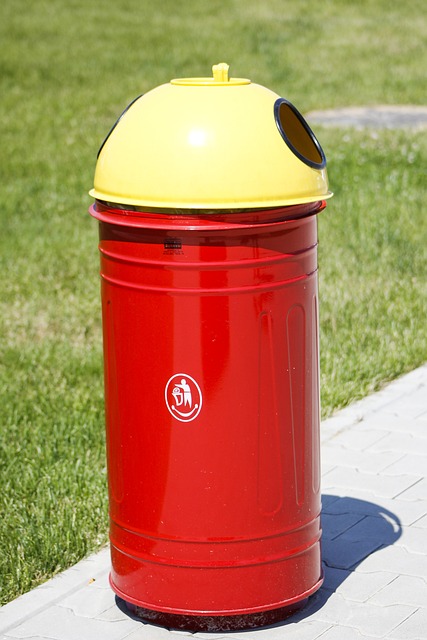
Tired of overwhelming clutter and waste on your Smyrna, TN driveway? Say goodbye to bulky items and…….
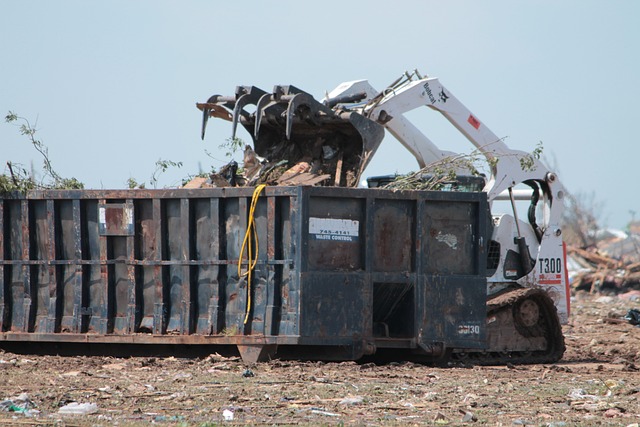
Tired of lugging heavy landscaping debris? Say goodbye to back-breaking yard cleanups and hello to a…….

Tired of navigating a cluttered driveway? Discover the ultimate solution with Smyrna Driveway Dumpst…….
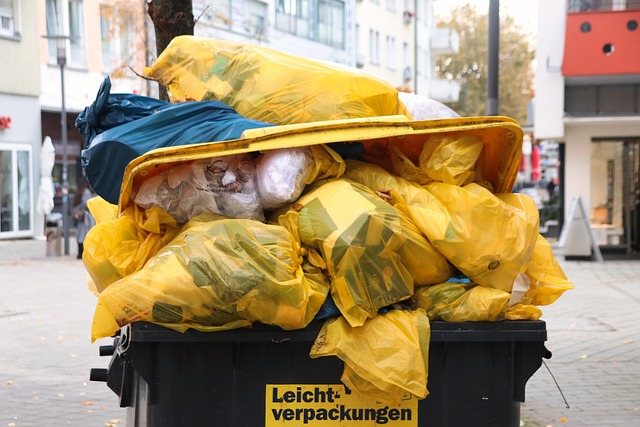
Tired of lugging junk to the curb? Let us bring the solution to your Smyrna, TN driveway! Our afford…….

Tired of the environmental impact of traditional trash removal? Discover a greener solution with our…….
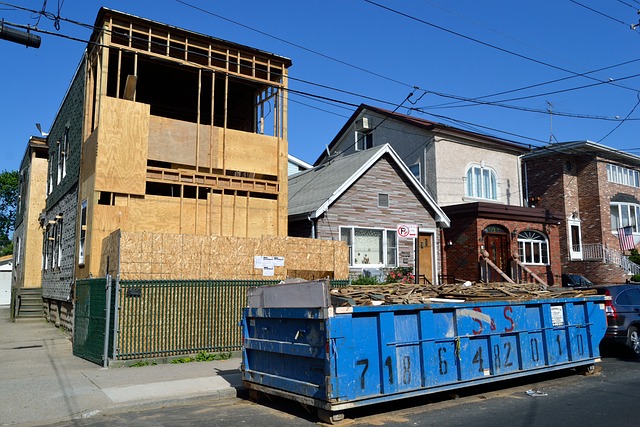
Tired of lugging heavy debris from your Smyrna home project? Let us simplify your cleanup with our t…….